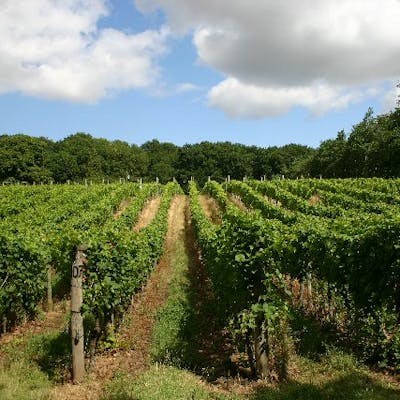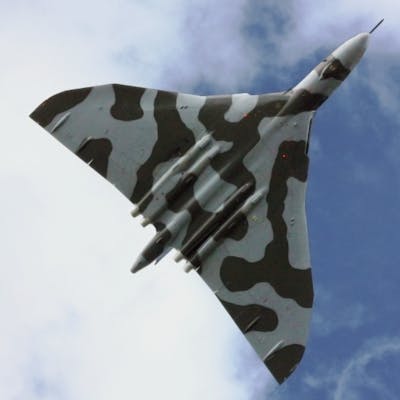
The goldfinch - one of our most striking garden birds
The goldfinch (Carduelis carduelis) is a charming and distinctive bird native to Britain, celebrated for its vibrant plumage and melodic twittering.

The goldfinch (Carduelis carduelis) is a charming and distinctive bird native to Britain, celebrated for its vibrant plumage and melodic twittering.

Cluedo is one of Britain's best-loved board games. It was invented by Birmingham-born musician Anthony Pratt, who played piano in European country mansions during the interwar years, and observed guests play-acting dastardly crimes. He later came up with and patented his observations into Cluedo, which would become a global multi-million seller.

The Primrose (Primula Vulgaris) is a native plant in Britain, and its pale yellow flowers can be a common sight across the UK. The name derives from the Latin 'prima rosa' ('first rose of the year'), and so they are a sure sign that spring is on its way.

Vineyards are becoming an increasingly common sight in the countryside of southeast England, and British wine has come a long way in recent years, winning numerous international accolades and tempting even the most discerning of drinkers.

The Rhubarb Triangle is a 9-square-mile area of West Yorkshire, famous for producing early forced rhubarb in the dark. It grows nearly all of the rhubarb consumed in Britain, and, at one point, produced enough of the vegetable to satisfy almost the entire world's demand.

The "V bombers" were the Royal Air Force trio of aircraft types that, during the 1950s and 1960s, provided the United Kingdom's strategic 'nuclear deterrent' strike force, known officially as the V force or Bomber Command Main Force.
Six things to delight and entertain you every day.